The Office of Superintendent of Public Instruction (OSPI), Special Education provides helpful resources. For up-to-date news, click the following quick links or visit their website.
Professional Development Opportunities
WSDS in collaboration with OSPI is pleased to offer grant funding for TVI + O&M certification through Stephen F. Austin State University. To learn more about this opportunity and the application process, contact Joe Dlugo, joe.dlugo@wssb.wa.gov
Intervener Services and Interveners in Educational Settings: DEFINITION
Interveners, through the provision of intervener services, provide access to information and communication and facilitate the development of social and emotional well-being for children who are deaf-blind. In educational environments, intervener services are provided by an individual, typically a paraeducator, who has received specialized training in deaf-blindness and the process of intervention. An intervener provides consistent one-to-one support to a student who is deaf-blind (ages 3 through 21 or as mandated by state regulations) throughout the instructional day.
Primary Roles:
Working under the direction of a student’s classroom teacher or other individual responsible for ensuring implementation of a student’s IEP, an intervener’s primary roles are to:
- Provide consistent access to instruction and environmental information usually gained by students through vision and hearing but unavailable or incomplete to an individual who is deaf-blind.
- Facilitate concept development.
- Provide access to and/or assist in the development and use of receptive and expressive communication skills.
- Facilitate the development and maintenance of trusting, interactive relationships that promote social and emotional well-being.
- Provide support to form relationships with others and increase social connections and participation in activities.
Although some educators worry that interveners may create dependency, the exact opposite is true. Interveners are trained to “do with, not for” their students and support them to function as independently as possible. To read more, download a complete copy of the flier.
More Resources can be found at:
The following are resources for educational interpreters:
www.cdhy.wa.gov
www.rid.org
www.wsrid.com
www.classroominterpreting.org
www.howyousign.com
pdEnroller a mobile-friendly web service for event registration, payment, clock hour approval and clock hour recording.


